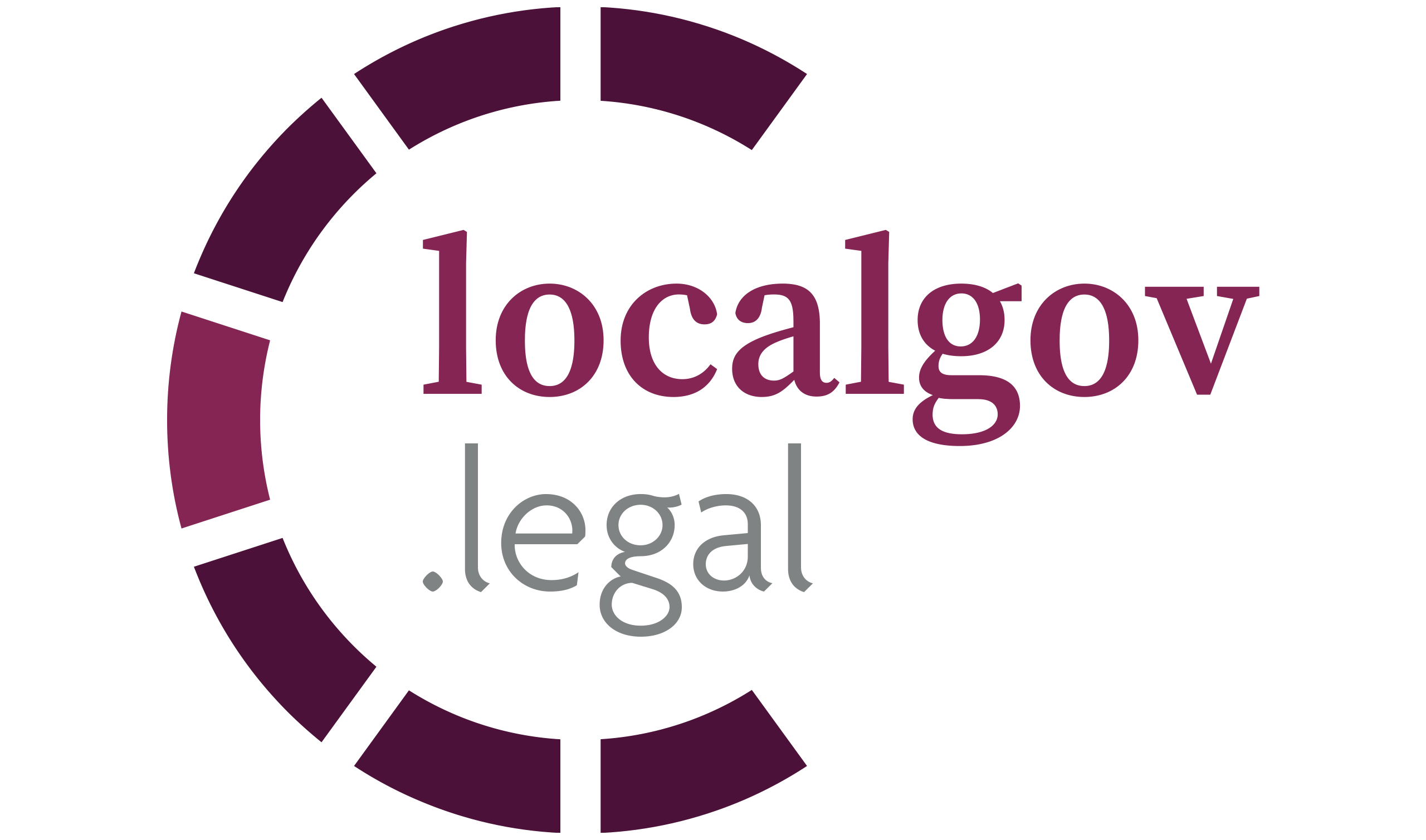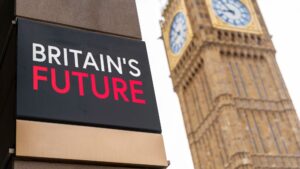Bristol provides fertile ground for innovative social action from a range of groups. As such, it offers an opportunity to explore how ‘place’ can build better local economies. Kat Wall, who co-ordinates the NEON Bristol group, wrote the following report.
We spoke to 21 carefully identified and very different key change-makers, from small business, the voluntary, local council, and community activist sectors in Bristol to tease out which common factors enable – and which ones block – the success of some of the most innovative, pre-figurative attempts to systemically re-shape the local economy, Their insights are discussed in this study of the role of place in unlocking local economies. Some clear themes emerged:
Three overriding common factors enable these change initiatives to succeed across all these areas:
- the people who dedicate their time and skills to these activities,
- pre-figurative action demonstrating alternatives in practice;
- the endorsement of those with power and resources in support of these activities.
Conversely, three overriding common factors challenging the success of these initiatives:
- a lack of resources (both time and money);
- the nature, culture and process of organising for change;
- the barriers posed by those with power and the systems that support them.
‘Inequalities in power, influence, and resources
deeply affect who has access to shape the future of Bristol’
What we found
‘A tale of two cities’
– Helen Holland, Leader of the Labour Group, Bristol City Council
Bristol is presented to the world as a city at the cutting edge – as European Green Capital 2015, as a City of Sanctuary for refugees and asylum seekers, as ‘the best place to live in Britain’. The city has a strong history of rebellion and activism with a tradition of doing things differently. It is home of some of the large sustainability NGOs such as Sustrans and the Soil Association as well as innovative, alternative, pre-figurative initiatives like the Bristol Pound (a local currency) and the Bristol Cable (a cooperative newspaper). There is ‘something about Bristol – a creativity, a willingness to experiment, a desire to be different’ (Chris Sunderland, Real Economy Cooperative) that drives change.
But there are ‘big differences across different areas of the city – not everyone is experiencing [these] benefits’ (Tamsin Evans, United Communities Housing Association). Whilst Bristol is the third wealthiest city in the country, there are pockets of high deprivation. It is a ‘divided city’ (Paul Hassan, VOSCUR) in terms of poverty and opportunity, with wide inequalities along class, race and geographical lines. In parts of the city, where industry has collapsed, unemployment is high, and racism prevalent, the ‘story of Bristol doesn’t ring true’ (Helen Holland, Leader of the Labour Group, Bristol City Council). The rhetoric doesn’t match the lived reality for many in the city – whilst as a city awards may be won, titles may be given and stories may be told, there is a lived experience of another city, which seems in many ways like a world away from this ‘Green Capital’ which has made headlines across the globe.
It is important to be aware of this as context to the forthcoming discussion of enablers and barriers to change. The background inequalities in the city, the capture by the centre of the narrative of Bristol, the priorities of elites within the city and within its social movements all play into our understanding of what change is taking place, what change is possible, and what ‘socially constructed silences’ are at work (George Monbiot, speaking at Bristol Festival Ideas, March 2015). Whilst there are many exciting change initiatives taking place in the city working for social justice and sustainability, which have the potential to unlock the local economy and release innovation these inequalities in power, influence, and resources deeply affect who has access to shape the future of Bristol.
Bristol’s Hamilton House, where social enterprise Co-exist is basedHow change happens in the city
‘I think there is scope at a local level to radically change things – but on a much smaller scale’ – Louie Herbert, ACORN Bristol
1. People and Relationships
‘Everything we have done has been by the grace and goodwill of people who have given up time, money, opportunities for their well-being and a paper, including ourselves running operations as volunteers’ – Alon Aviram, Bristol Cable
Common to all conversations around the enablers of change were the people involved. Visionary, creative, and generous individuals who have made things happen, worked to create change, and pulled the levers that have then enabled the project to succeed. The people involved in these change initiatives are a part of the city, although many are not themselves Bristolian – ‘There is a sense that it doesn’t matter where you come from, it’s what you contribute that counts in Bristol’ (Paul Hassan). People are attracted to the city because of the culture that is presented to the world. Students come to study at the city’s universities and stay, migrants from the rest of the UK and the world beyond find their way to the city, and sub-cultures are created across Bristol in its many villages which themselves generate change initiatives often specific to the micro-populations of that particular area. It is unclear what encourages people to stay – perhaps an environment where experimentation is welcome: if one project or initiative fails there is plenty of opportunity to join or start something new; perhaps the strong sense of community which encourages people to put down roots quickly; perhaps the fact that Bristol is a city of immigrants from other cities and towns, from other countries that makes it easier to feel at home here…
As well as the specific people involved in projects, the relationships and collaborations that have emerged have also been vital to the success of many projects. There is a sense that projects are more likely to flourish when they involve those with a stake in the issues: ‘be fully engaged with communities’ (Sado Jidre); ‘do with not for people’ (Louie Herbert); ‘get sections of the community involved who haven’t been involved politically’ (Alon Aviram). This process of engagement and active participation has created energy around some change initiatives, leading to success in several cases. It is the skill and passion of certain organisers that have led to some projects being more inclusive than others.
2. Pre-figurative action
‘Instead of waiting for that ever far away moment of revolution, or for leaders and authorities to sort out our problems, we recognise that we can make fundamental changes here and now.’ – Nate Eisenstadt, Social Centres and an Everyday Anarchist Praxis
Shift Bristol runs courses and events on practical sustainabilitySeeing what works by just doing it is a common practice in Bristol. There are a number of initiatives that have been established to experiment, to find the cracks in the dominant systems, to create the world we want to see right here right now. As Emmelie Brownlee wrote in her book ‘Bristol Green Roots’: ‘The most successful campaigns, organisations and initiatives in Bristol have been the ones that have demonstrated the positives of change by making the changes themselves’. Once projects are set up, their very existence seems to enable further change to take place. This seems to be the case with a number of anarchist social spaces that have emerged across the city in the last few decades. Many began as squatted buildings, in which alternative economic practices of sharing, collaborating and voluntary exchange took place. An example would be Kebele that has become a cooperative and continues to offer an ever-diversifying range of activities and ‘DIY services’ with ‘the values of trust, voluntarism and cooperation build in.’ (p.11, Social Centres and an Everyday Anarchist Praxis). And in a different way, United Communities, that wants to ‘enable residents to set up projects – swaps, repair cafes and so on’ (Tamsin Evans).
Some felt this was a self-reinforcing cycle – the more Bristol has become seen to be a place of ‘leading by doing’, the more it attracts people keen to operate in that way. However it is also interesting to ask whether there are structural aspects of Bristol’s culture and institutional make up which makes it easier for people to ‘just do’ than other places. One of our researchers own reflections on the city was that innovating is welcome (so long as you don’t tread on others toes), space to meet is easy to find (although not if you want it to be accessible and cheap), and people are willing to give things a try (certain people, in certain parts of the city). Interrogating what creates the culture of a place is more complex than the scope of this paper allows, but it is important to note who is ‘doing the doing’ – not everyone finds it as easy to access the spaces and audiences of the city, apply for grants and small pots of funding that are available, or make use of the networks that exist.
3. Endorsement
‘There is a willingness in the local authority to do the right thing’ – Jamie Pike, Co-Exist
Although not uncontroversial, the mayoral model in Bristol has focused the spotlight of leadership in a concentrated direction. George Ferguson, Bristol’s first elected citywide mayor, has been in post for two years. He is seen by many as a gatekeeper of change: if he is in favour and supportive of your project it may go far. His role in the creation of the Bristol Pound is a key example of this. As Mark Burton said, ‘George took his salary in Bristol Pounds and became a strong advocate…he identifies a creativeness and playfulness about Bristol that made it possible’. The role of decision makers and those with power in the city is seen as vital to the success of many initiatives: ‘you need decision makers, people with power, to understand’ (Sado Jidre). Without their support, change initiatives may struggle to advance.
This is an interesting key complementary factor to have emerged alongside the sense of importance of the culture of ‘just getting on with it’ – both were seen to be critical, and reinforce each other. This is a point which can get lost in celebrations of innovation, and challenges to places – or people – to ‘be more innovative’, if the drive to make this happen focusses only on building capacity and ambition with the potential innovators, without also seeking to strengthen and make more ambitious the receptiveness and willingness to proactively support innovation and experimentation within existing decision-making and power structures.
Barriers to change
‘There is no denying that Bristol has a vast wealth of people, communities, organisations, initiatives and businesses working towards making their work, lives and local areas more sustainable. This passion and dedication, however, has not always made as much change as could have been hoped for…whether this is because of a lack of authority support, lack of public uptake, lack of funding, or lack of joined up thinking is not easy to determine.’ – Emmelie Brownlee, Bristol Green Roots
1. Lack of resources
‘It’s a money thing’ – Tamsin Evans, United Communities ‘More than just a roof’
‘Resources are always stretched’ (Steve Watters, VOSCUR). This was a feeling shared by many working for change. A lack of time and money put increased strain on many projects and organisations. Funding on project-by-project basis makes it challenging for change initiatives to do the long-term work required; short funding cycles and limited amounts of money make it harder to pay people for the work they are doing – an aspiration many of these organisations have but struggle to realise in practice. This puts up barriers to those who might wish to get involved in certain projects who cannot do so because of income/time constraints. And those that are involved often burnout – this work is challenging and without time and financial security to do it, people end up doing too much.
The wider context of austerity is also putting up barriers to change initiatives. Funding cuts to advocacy and activist organisations like the Black Development Agency in Bristol forces change initiatives to fold. As Sado Jidre said ‘as Britain becomes more diverse it seems there is less attention to racism and racial disadvantage and more attention to immigration and multiculturalism as negative phenomena’.
Spending cuts across society put pressure on groups to deliver – ‘a lot of people in unions are firefighting’ (Tim Lezard, NUJ), ‘‘50% of our members are based in the 20% most deprived areas of the city. Meaning we have to make an impact with limited resources’ (Paul Hassan, VOSCUR). ‘At one time officers had the flexibility to support what was going on, now there is no money and fewer people to do the work after all the job cuts’ (Helen Holland, City Council).
2. Lack of connection
‘The biggest barrier to change is that people with shared values work across an array of different projects but don’t engage with each other’ – Mark Burton, Bristol Pound
Whilst there is a lot of activity in the city, very little of it is joined up. This means there is a lot of repetition, competition, and missed opportunities to learn and develop. This poses a barrier to further change as siloes develop and possibilities to collaborate, build and grow are missed. ‘There is a lot of resistance within the unions to changing how things are done’ (Tim Lezard) Without learning from and joining with others with common cause, many change initiatives fail to build the power necessary to implement the change they wish to see. As Jamie Pike said ‘people don’t have power over the system they are in so if they are involved in something subversive it becomes sacrosanct – that is why we are so siloed.’ We become protective over ‘our’ project, ‘our’ issue.
As one respondent said ‘everything we do is about building the power of our organisation’. Whilst this can lead to the success of individual organisations and projects, ultimately it leads them to focus internally, making them less likely to collaborate with others, and perhaps ultimately being less successful in the future – no one organisation or project will achieve the scale of change required by each project individually.
3. Power
‘Who has the power? Who pulls the strings?’ – Sarah Pugh, Shift Bristol
Those in power – the decision makers, the politicians, the business leaders – often block these changes. This is true at the national, local and even intra-organisational level. Some said that the levers for the change that needed to be made rest at the national level – national legislation is required for example to safeguard tenants’ rights, to shift the financial system, to stop cuts to social security and advocacy organisations. Sado Jidre felt there is a ‘strategic government decision to cut equalities.’ At a local level, there is a perception that the mayor holds all the power: ‘having the mayor has made leadership more visible, but more is needed to ensure that democratic checks and balances are in place’ (Paul Hassan). With the new governance structures the mayoral model has introduced, there appears to be confusion about how to make change happen: ‘council officers don’t know what levers can be pulled’ (Louie Herbert). ‘There is a hunger for the council to do amazing things – but does it really have the power?’ (Sarah Toy). There appears to be a lack of knowledge about where decision-making power sits, who controls what, how to make a shift.
Power and privilege are also at play within those change initiatives themselves that shape the kind of change that is asked for and ultimately advanced. Several interviewees raised this, confirming that ‘class and privilege stuff is still in there’ (Sarah Pugh). ‘People pertain to certain values but they are in bed with power…there has been a commodification of grassroots action…and the green agenda’ Alon Aviram felt. Sadro Jirde stressed that ‘it matters who is around the table’.
It was noticeable across several interviews that individuals felt there were hierarchies within the movement – that elites co-opted ideas and actions, ultimately making them less radical and transformative. A somewhat damning critique of certain initiatives stated ‘similarly troubling was the extent to which creative, artistic, and self-described radical projects facilitate neoliberal governance and a minimal security state. If the production of self governing ‘empowered’ subjects through grassroots provision fails to challenge the material inequalities then projects like those described… might be thought of as brilliant examples of the ‘big society’ wherein voluntary, creative and community orientated labour work to reinvigorate a lagging economy’ (p.31, Social Centres and Everyday Anarchist Praxis).
Moving Forward
‘We need to get smarter – how do we exercise our power? There are loads of us’ – Sarah Pugh, Shift Bristol
‘We need to work collectively across issues – everyone is becoming insular because of the lack of funding and insecurity… we need to move beyond this.’ – Sado Jidre, Black South West Network
There was a strong shared sense across interviewees about what might move things forward for work to unlock the local economy in Bristol.
1. Devolution
There seems to be a strong desire to alter the political system to give people more control over the decisions that affect their lives. At a workshop on this theme, community groups, the mayor, academics, and individuals were keen to have conversations around the nature of decision-making at a local level, who should have power and over what.
2. Better collaborative structures
In order to overcome the siloed nature of many activities in the city, some have suggested that fostering a more collaborative working culture across and between projects would lead to greater success on the major challenges the city faces.
3. Breaking socially constructed silences about divisions
A need was felt to have more conversations that break socially constructed silences e.g. around racism, inequality, and economic growth. Many change initiatives do not acknowledge the role of class, race, gender, geography in their own process as well as the proposals they seek to make. Breaking these silences would radically alter the scope and nature of change in the city.

















Leave a Reply